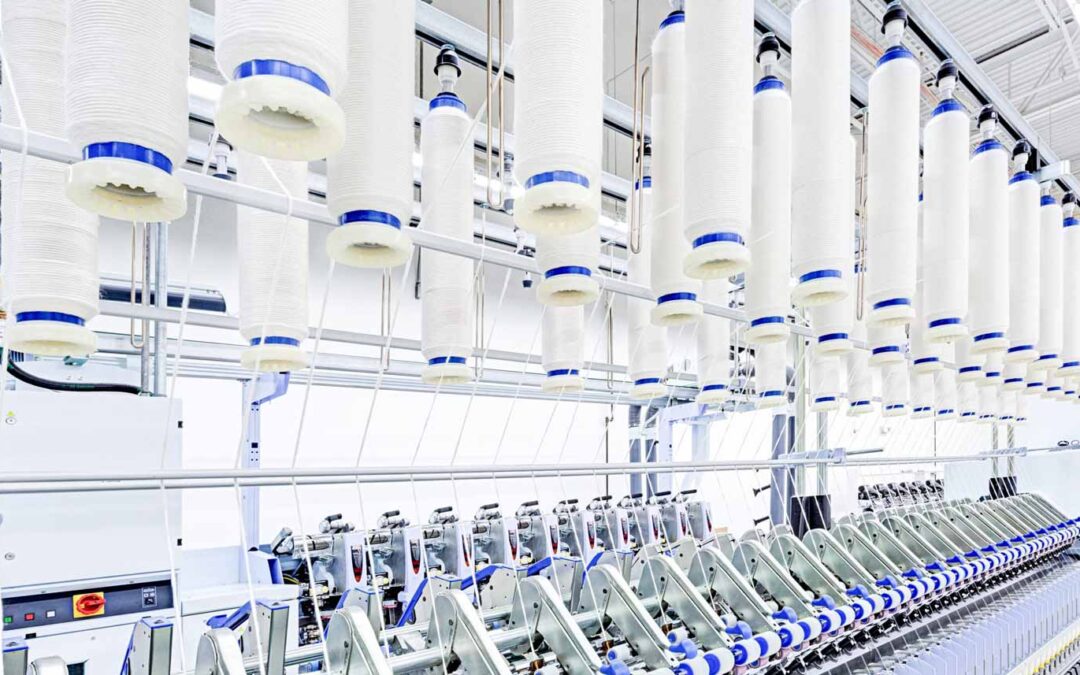

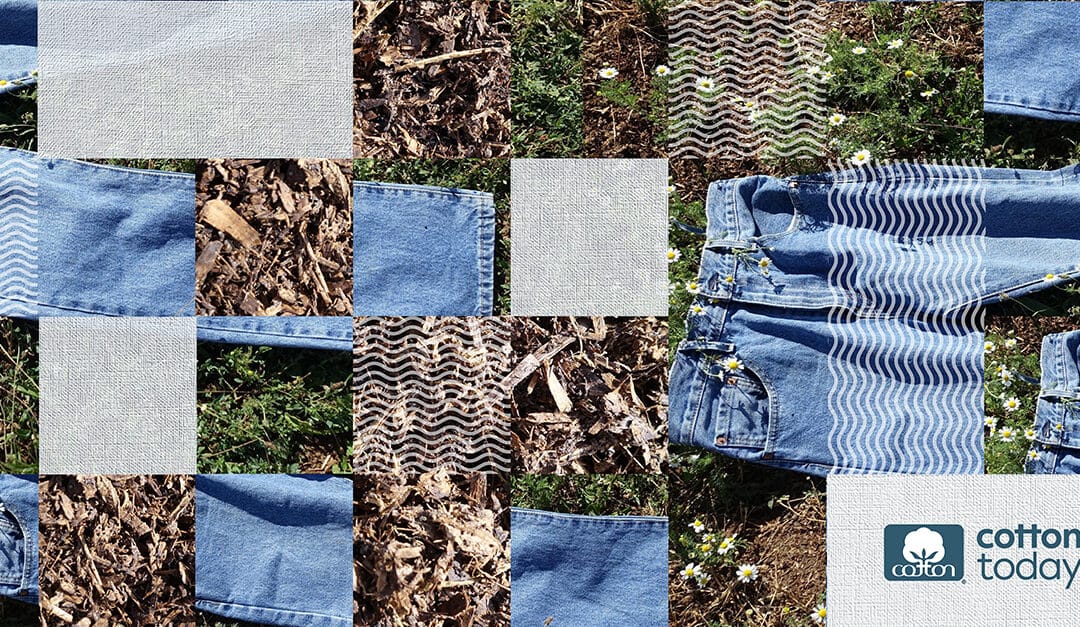
Cotton to Compost: Transform Waste Management in the Textile Industry
Why Composting: Composting is a remarkable sustainable practice that transforms natural materials into nutrient-rich soil amendments. Reducing GHG Emissions:. Compost not only reduces greenhouse gas emissions but also helps remove additional CO2 from the atmosphere....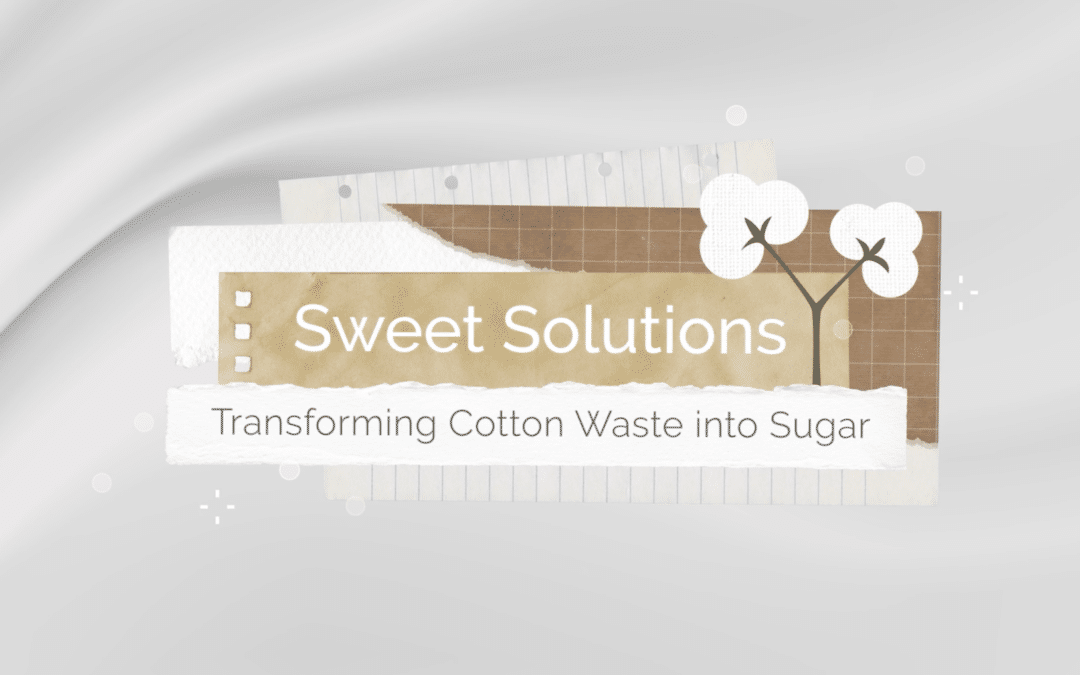
Sweet Solutions: Transforming Cotton Waste into Sugar
Typically when a garment end its lifecycle, it can be repurposed, recycled, or disposed. Matt Farrell, Textile Chemistry Research Manager at Cotton Inc. explains recent research where textile cotton waste is turned into glucose sugar a.k.a. sugar and then used in everyday projects.
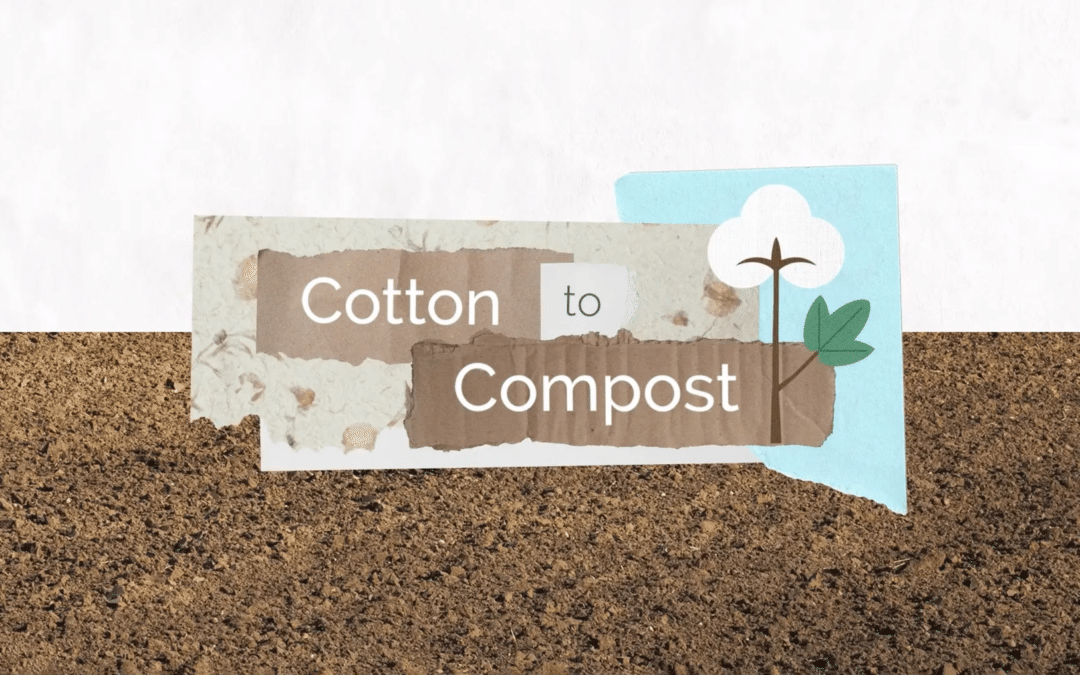
Cotton to Compost
Cotton composting is an exciting new concept for apparel and textile sustainability. It can minimize waste by transforming textile scraps, production buy products, and garments themselves into nutrient rich organic matter.
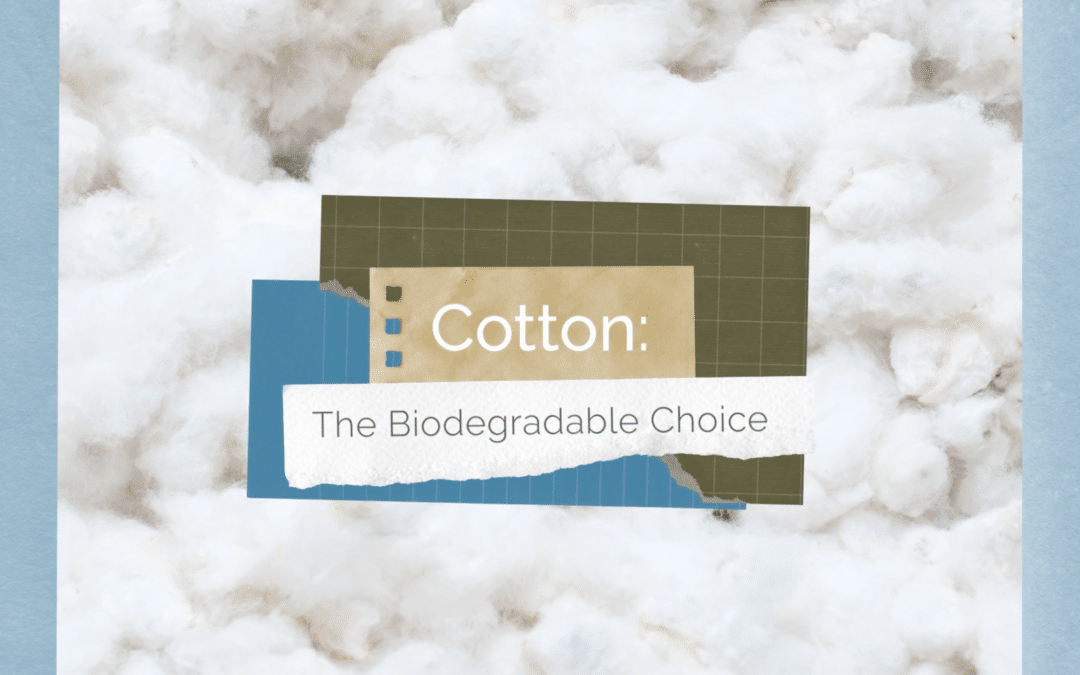
Cotton: The Biodegradable Choice
Learn how quickly cotton biodegrades versus other fibers with Dr. Jesse Daystar, Chief Sustainability Officer at Cotton Incorporated. Biodegradability of apparel is crucial for reducing waste, conserving resources, and minimizing environmental impact. Cotton can decompose under the right conditions it doesn’t contribute to microplastic pollution.
